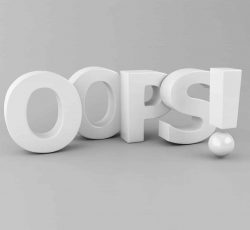This generically refers to the transfer of benefits.
Specifically however, it is essential that firms understand what constitutes a ‘pension transfer’ (as opposed to a pension switch – see ‘S’).
The FCA defines a pension transfer as:
A transaction resulting from the decision of a retail client who is an individual, to transfer deferred benefits from:
(a) an occupational pension scheme;
(b) an individual pension contract providing fixed or guaranteed benefits that replace similar benefits under a defined benefits pension scheme; or
(c) (in the cancellation rules (COBS15)) a stakeholder pension scheme or personal pension scheme.
to:
(d) a stakeholder pension scheme;
(e) a personal pension scheme: or
(f) a deferred annuity policy where the eventual benefits depend on investment performance in the period up to the intended retirement date.
Please note that a pension transfer relates to the transfer of ‘deferred benefits’ which the FCA describes as:
The glossary definition of a pension transfer refers to deferred benefits. In this context benefits are deferred if they are not continuing to accrue and the benefits are not being taken. If an individual has access to the benefits (perhaps due to early retirement rights) but is not intending to crystallise the benefits then they are deferred benefits. If an individual is transferring benefits for the purpose of crystallising the benefits these will not be considered deferred benefits (but there must be evidence that the scheme member does intend to take/ crystallise the benefits).
All pension transfers must be advised, or signed-off, by a suitably qualified Pension Transfer Specialist.
Further guidance can be found here
http://www.fca.org.uk/firms/financial-services-products/investments/pension-transfers
Suitability reports must contain sufficient detail to justify any pension transfer, including the results from pension transfer analysis (TVA), alternatives, disadvantages, risks, costs and charges.







Model behaviour
Alistair MacDougall Compliance Drawdown, EBI, FCA, ML, PI, Switch
The advent of Consumer Duty has catalysed a lot of focus on fair value, or at least a lot of chat. Anecdotal evidence would appear to suggest that many firms may not have made any material changes to their charging structures. However, a recent survey by Schroders gave rise to a headline in the financial […]